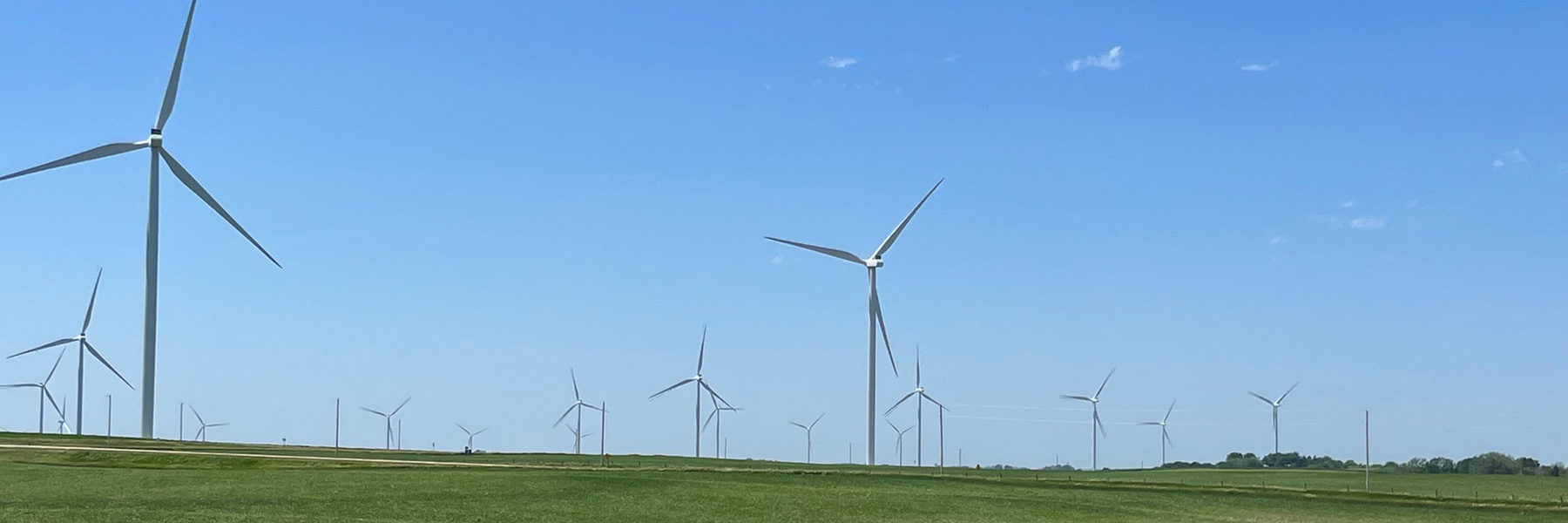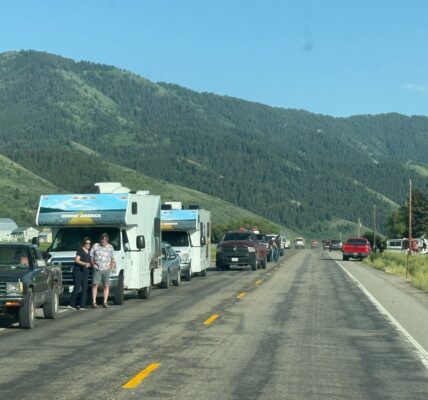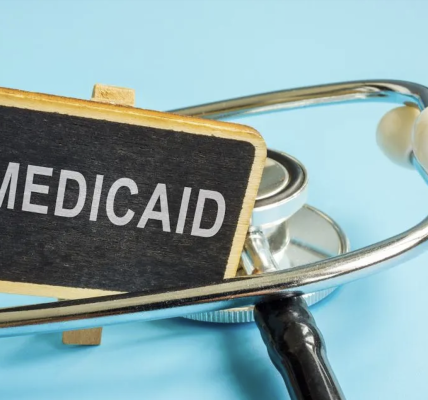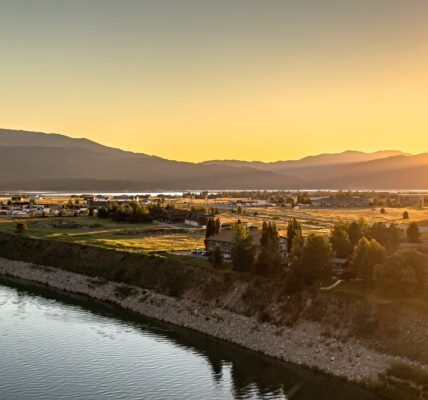
The U.S. Department of Agriculture (USDA) and the U.S. Department of Energy (DOE) will host a series of listening sessions this winter. The agencies invite perspectives on the benefits and challenges of the rapidly increasing levels of clean energy being sited on agricultural lands and in rural communities. USDA and DOE seek feedback directly from a diverse set of stakeholders about what the agencies can do through their leadership, program guidance, or research and information sharing to:
- inform USDA and DOE programs and community engagement
- guide development of resources that address regional and local siting challenges, and
- encourage positive clean energy siting outcomes that benefit farmers, rural Americans, the renewable energy industry and others.
Clean energy deployment is key to domestic energy security, addressing climate change, and rural economic development. Clean energy investments can bring economic opportunities to farmers and rural Americans. For example, leasing non-productive land for clean energy production can be an important source of revenue for farmers facing droughts or other extreme weather events. There are also opportunities to co-locate clean energy on agricultural land and continue farming it. However, there is no one size fits all solution or best practice to siting renewable energy projects like wind and solar because each community that hosts a project is unique. Some communities are concerned about the potential for loss of farmland, decreased home values, or impact on rural character from this development. Understanding and addressing these concerns is vital to ensuring that farmers and rural communities have the opportunity to benefit from clean energy.
Register to participate in one of the stakeholder-specific listening sessions:
- Government Permitting and Policy Representatives on January 12 | 10:30 a.m. – 12:00 p.m. MDT.
- Agricultural Producers on January 16 | 8 – 9:30 a.m. MDT.
- All Stakeholders and Members Of The Public on January 16 | 12:30 – 2:00 p.m. MDT.
- Rural Electric Coops and Clean Energy Developers on January 17 | 1:00 – 2:30 p.m. MDT.
However, state and local siting restrictions can prevent communities from accessing the benefits of clean energy deployment. These siting restrictions often arise out of concern over farmland loss, but the main driver of farmland loss is suburban expansion. There is no one-size-fits-all solution or best practice to siting renewable energy projects like wind and solar because each community that hosts a project is unique. DOE and USDA are interested in better understanding the impact of renewable energy development on these communities and public sentiment about these projects.
In addition to attending virtual listening sessions, visit our events webpage. Stakeholders are invited to submit written comments to SM.RD.CleanEnergySiting@usda.gov by January 20, 2024.





